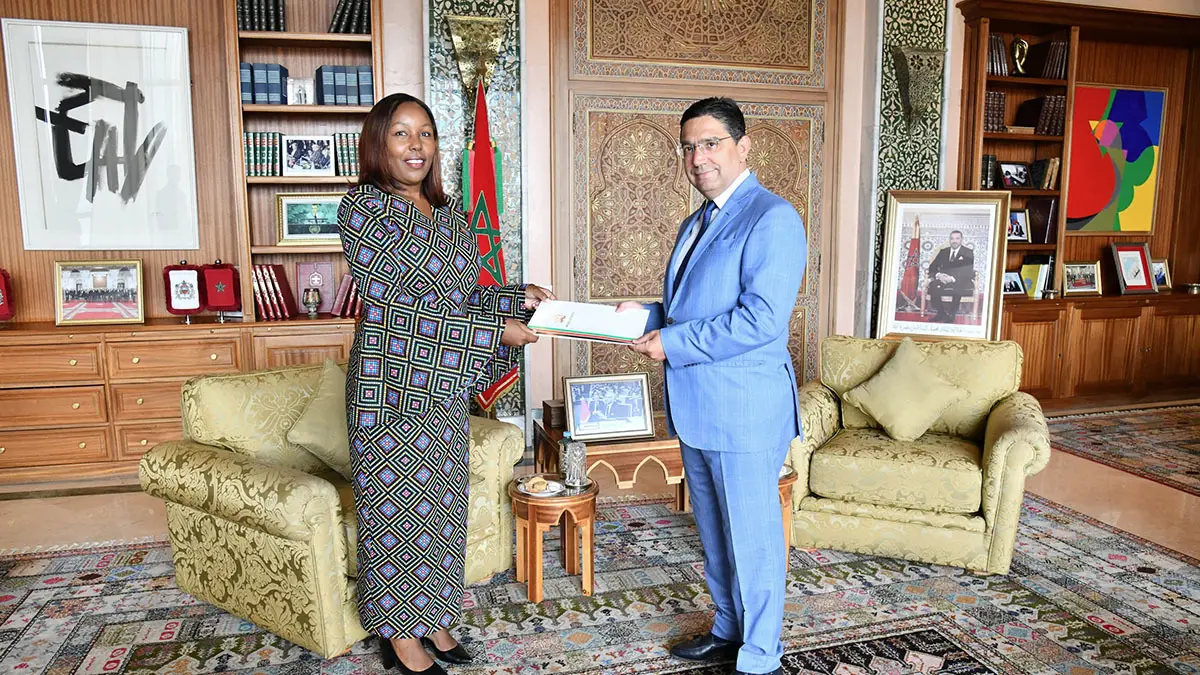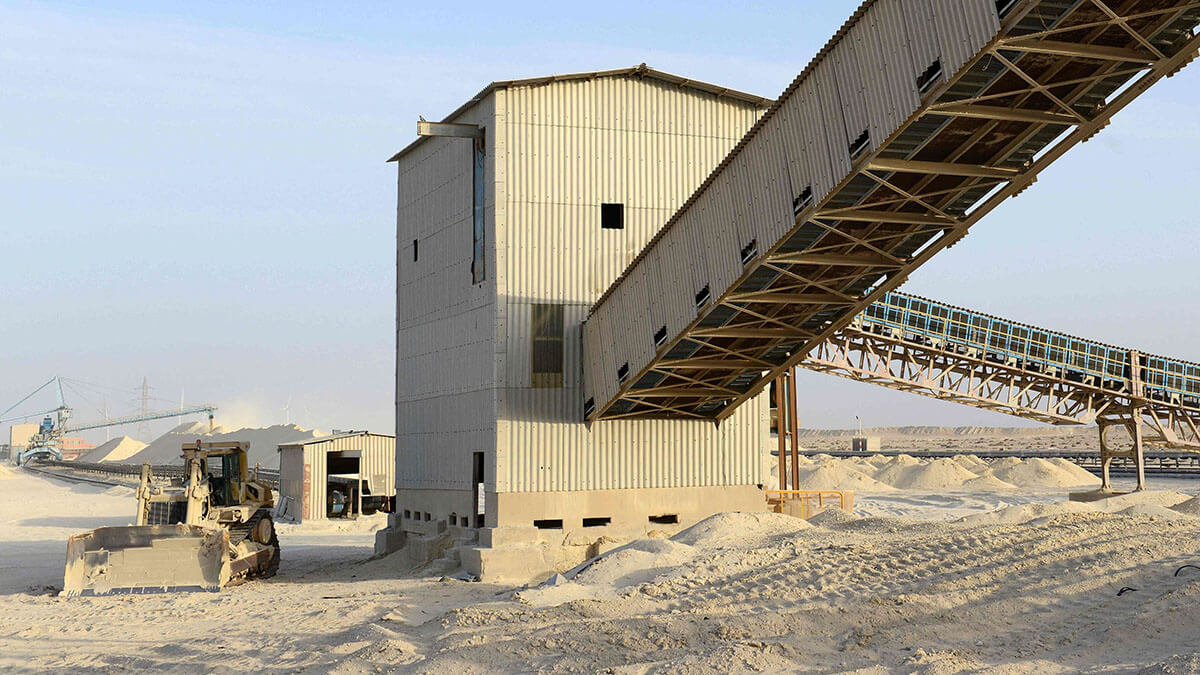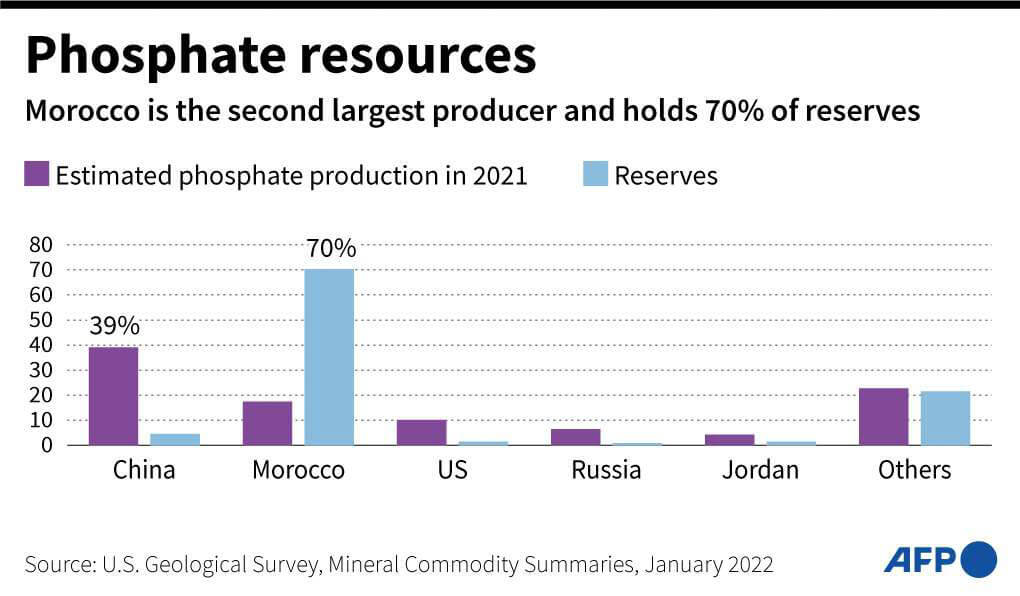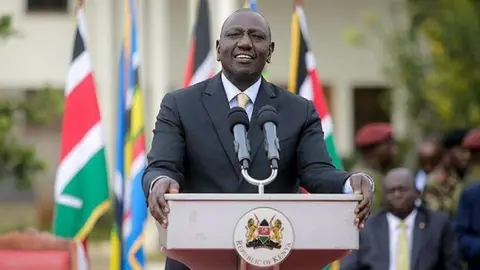Morocco and Kenya, a new opening for diplomatic rapprochement

Morocco's Minister of Foreign Affairs, Nasser Bourita, received the new Kenyan Ambassador to Rabat to strengthen institutional relations. The newly appointed Jessica Muthoni Gakina received copies of the letters of credence as the new Ambassador Plenipotentiary of the Republic of Kenya to Morocco. This gesture is another step towards the good relations that both countries are recovering in the last two years, in which, according to the Moroccan Ministry of Foreign Affairs, meetings have been held regularly with the focus on support and aid for the development of the agri-food sector and phosphates, key issues for the two Administrations.
The importance of Jessica Muthoni Gakina's appointment lies in the fact that she is the first ambassador in the history between Morocco and Kenya, after she received the approval of the Defence and Foreign Relations Committee of the Kenyan Parliament at the beginning of September. The terms under which Gakina's appointment was debated in the Assembly were to rebuild and repair the deteriorating relations between the two countries, as well as to expedite the opening of a Kenyan embassy in Rabat. For Kenyan diplomats, this could ‘reap great benefits on many levels with Morocco’.

Rabat's roadmap based on dialogue on developing areas of diplomatic, political and security cooperation has been key to Kenya's move towards good relations with the North African country. Although Kenya is one of the few countries on the Polisario Front's list of supporters, Morocco's ambassador to Kenya and South Sudan, Abderrazzak Laassel, said that ‘Kenya's appointment of the first female ambassador to Morocco indicates an increase in the level of diplomatic relations between Rabat and Nairobi’.
In the same statement, Laassel clarified that Morocco is committed to guaranteeing the supply of fertilisers at a lower price, in order to improve food production in Kenya in the medium and long term. In return, Kenya will offer technological support in the digitisation of the banking sector.
El Ministro Nasser Bourita ha recibido, hoy en Rabat, a la Excma. Sra. Jessica Muthoni Gakinya quien le hizo entrega de las copias de estilo de sus cartas credenciales como embajadora extraordinaria y plenipotenciaria de Kenia, ante SM el Rey Mohammed VI, que Dios Le asista. pic.twitter.com/oLc6ADYpGw
— Diplomacia_marroquí 🇲🇦 (@DiplomaciaM) August 30, 2024
At the same time, experts such as Hisham Moataded expressed that the good relations between the two countries could mean a great support for Kenyan President William Ruto, the main advocate of his country's removal from the list of support for the Polisario Front.
One of the clearest examples of good relations was the presence of Nasser Bourita, representing King Mohammed VI, at the African Soil Health and Fertiliser Summit in May, where representatives from across Africa met in Nairobi. The talks verbalised principles of agreements for the development of the phosphate and agri-food sector. Organised by the African Union (AU) and the Kenyan government, the Summit highlighted the crucial role of fertilisers in driving sustainable African agricultural growth. A major contributor to the Kenyan economy, Morocco's expertise and development in phosphates provides the African nation with a great support and makes the Alawi nation a great ally.
Morocco is one of the world leaders in phosphate production, development and export. Morocco has 70% of the world's phosphate reserves, more than any other nation, or more than 50 billion tonnes of reserves. These are mainly located in the regions of Khouribga, Oued Eddahab-Lagouira and Youssoufia.

In the election campaign he won, Ruto assured that relations with Morocco would improve ‘for the good of Kenyans and Moroccans’. Looking ahead to the coming years, the Kenyan leader stressed Morocco's role as the Sahel's gateway to the Atlantic through the port of Dakhla, which is being built on the basis of the Atlantic Initiative announced by King Mohammed VI.
With Western Sahara on the horizon, these measures and rapprochements are part of the changing international dynamic around the issue of the Moroccan Autonomy Plan, which focuses on dialogue and cooperation in foreign policy.









